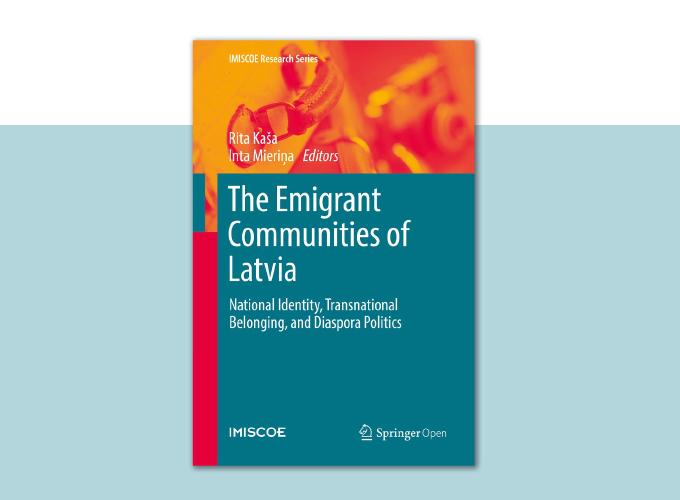This open access volume examines experiences of contemporary Latvian migrants, thereby focusing on reasons for emigration, processes of integration in their host countries, and — in the case of return migration — re-integration in their home country.
📚 Digital version of this book is freely availabe at Springer’s site .
In the context of European migration, the book describes the case of Latvia, which is interesting due to the multiple waves of excessive emigration, continuously high migration potential among European Union member states, and diverse migrant characteristics. It provides a fascinating insight into the social and psychological aspects linked to migration in a comparative context.
The data in this volume is rich in providing individual level perspectives of contemporary Latvian migrants by addressing issues such as emigrants’ economic, social and cultural inclusion in the host country, ties with the home country and culture, interaction with public authorities both in the host and home country, political views, and perspectives on the permanent settlement in migration or return.
Through topics such as assimilation of children, relationships between emigrants representing different emigration waves, the complex identities and attachments of minority emigrants, and the role of culture and media in identity formation and presentation, this book addresses topics that any contemporary emigrant community is faced with.
